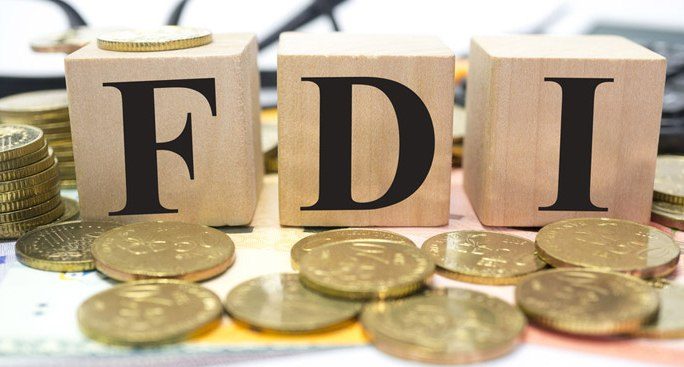The Cabinet on Wednesday approved key changes in India’s foreign direct investment (FDI) policy by easing investment norms across sectors including aviation, construction and single brand retail among others.
The Narendra Modi-led government has allowed 100 percent FDI under automatic route for single brand retail trading and construction development. Currently, for single brand retail, FDI up to 49 percent is allowed under automatic route
Similarly, foreign airlines can now invest up to 49 percent via government approved route in Air India. In addition, foreign institutional investors (FIIs) can now invest in power exchanges through primary market and definition of ‘medical devices’ has been amended in the FDI policy, the government said in a release.
These amendments are government’s broader strategy to liberalise and simplify the FDI policy to facilitate ease of doing business and turn India into a global investment hotspot.
The government has decided to allow single brand retail trading entity to set off its incremental sourcing of goods from India for global operations during initial 5 years, beginning April 1 of the year of the opening of first store against the mandatory sourcing requirement of 30 percent of purchases from India.
Hence, incremental sourcing will imply an increase in terms of value of such global sourcing from India for that single brand (in INR terms) in a particular financial year over the preceding financial year, by the non-resident entities undertaking single brand retail trading entity, either directly or through their group companies.
After completion of this 5-year period, the single brand retail trading entity shall be required to meet the 30 percent sourcing norms directly towards its India’s operation, on an annual basis,” the government release said.
According to experts, FDI in single brand retail trading sector will now gain momentum as the government has removed various procedural hurdles.
“The approval through automatic route with respect to single brand retail trading will quicken the FDI clearance process as no prior government approval would be required. We expect that FDI in single brand retail trading sector will now gain further momentum due to the process not being subject to regulatory scrutiny and approval process,” Rabindra Jhunjhunwala, Partner, Khaitan & Co said.
In case of the aviation sector, foreign airlines currently can make investment up to 49 percent of their paid up capital via government route in Indian companies operating scheduled and non-scheduled air transport services. However, the provision was not applicable to Air India, implying that foreign airlines could not invest in the national carrier.
“It has now been decided to do away with this restriction and allow foreign airlines to invest up to 49 percent under approval route in Air India subject to the conditions that foreign investment(s) in Air India including that of foreign Airline(s) shall not exceed 49 percent either directly or indirectly. Substantial ownership and effective control of Air India shall continue to be vested in Indian National,” the release said.
In 2016, the government had brought FDI policy reforms in a number of sectors such as defence, construction, insurance, and pension, other financial services, asset reconstruction companies, broadcasting, civil aviation, as well as pharmaceuticals.
During April-September, 2017-18, FDI inflows grew 17 percent on year at USD 25.35 billion. In the financial year 2016-17, total FDI inflows hit an all-time high of USD 60.08 billion, as compared with USD 55.46 billion a year ago.

